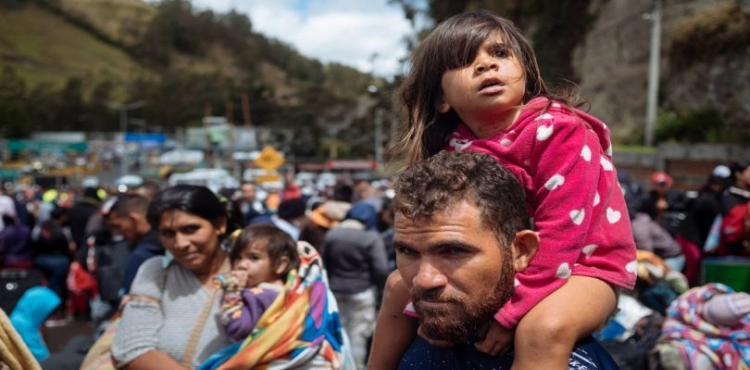"Refugees, migrants and foreigners face" unprecedented and unpresented incitement in politics, media and social media, around the world, "said the head of the UN refugee agency, Filippo Grandi.
At a briefing to the Security Council on the situation of refugees in the world, Grandi strongly warned at the start of the day that stigmatization of refugees and migrants is "unprecedented" and that the traditional responses to refugee crises seem increasingly "inadequate". In his speech, the High Commissioner for Refugees analyzed the term "refugee crisis" itself and what it means, asking the Security Council to consider what the term "and who exactly applied" meant. Mr. Grande stressed that it was wrong to portray the situation as an uncontrollable global crisis: "Better political will and responses, as provided for in the Global Agreement on Refugees" could be addressed. "The Security Council has a pivotal role to play, especially with regard to resolving the crises of peace and security, supporting countries hosting refugees and working to remove obstacles to solutions," he said. Grandi pointed out that conflicts are the main cause of refugee flows. Of the approximately 70 million people fleeing their country, the vast majority escape deadly conflicts. But the approaches to building peace, according to Grandi, are fragmented, "treating symptoms, not causes." Most Syrian refugees, for example, wished to return to their homes, stressing the need to create conditions for their return, including through Shelter, services, jobs, safety and security. With regard to the Rohingya crisis in Myanmar and Bangladesh, Grandi said, "The implementation of the memorandum of understanding on the return of refugees is slow. enjoy citizenship and equality before the law. " According to United Nations data, the number of refugees and displaced persons as a result of conflicts in the world is 68.5 million, of which 25.4 million are displaced. About half of all refugees and displaced persons are children.












